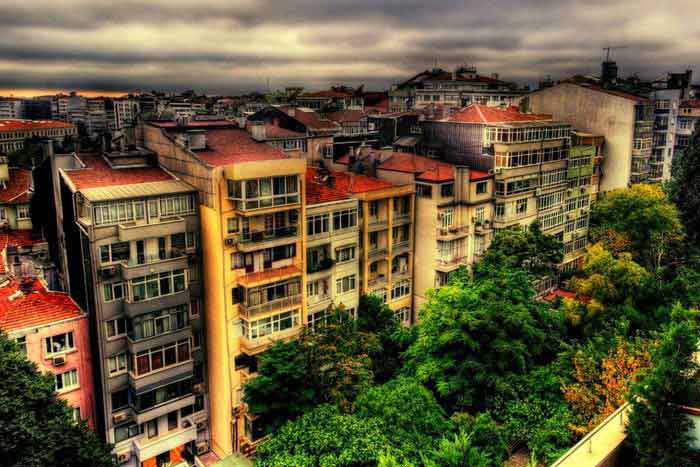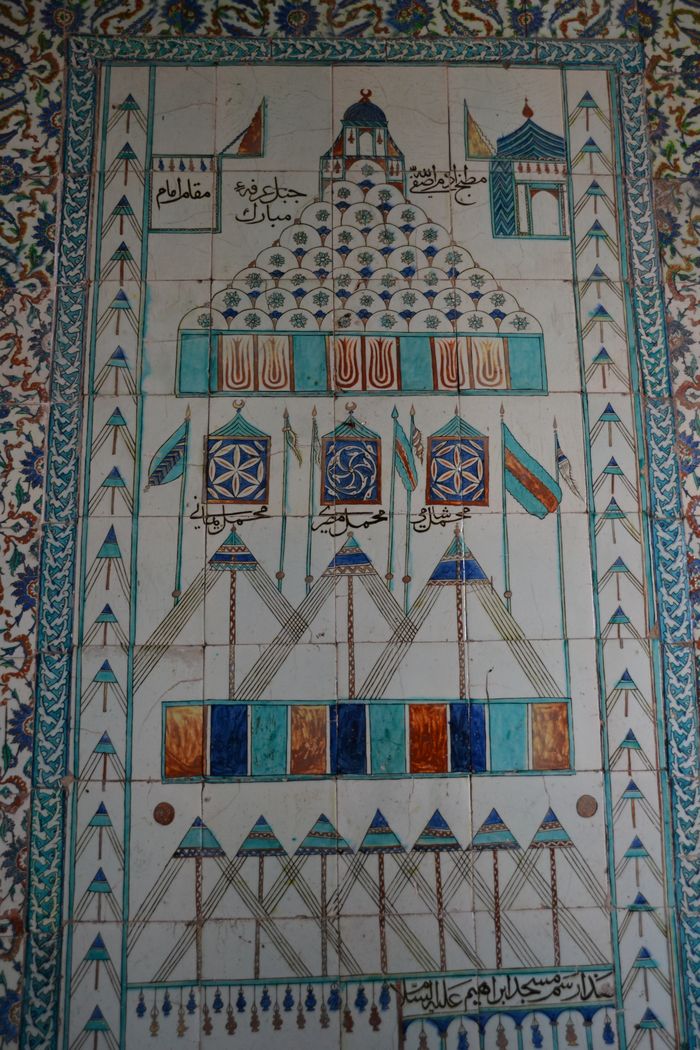One would imagine he had never ascended the throne, but shared authority on equal terms with another man, or held inferior rank in the government. He gave the subject considerable thought, and it was only after much vacillation that he finally made up his mind. Once the decision was taken, however, he dismissed the parakoimomenus and deposed him at one blow. What made it worse was the fact that this change in the latter’s fortunes was not softened by any sign of respect: in fact, the emperor’s action was incredibly cruel, for he shipped him off into exile.
20. Nor did this disgrace prove to be the end of Basil’s troubles. Rather was it the prelude to further misfortunes, for the emperor next proceeded to review the events of his reign ever since he acceded to the throne and the parakoimomenus began to govern the Empire.
He examined the various measures that had been taken during all that period. Whatever happened to contribute to his own (the emperor’s) welfare, or to the good of the state, was allowed to remain on the [20] statutes. All those decrees, on the other hand, which referred to the granting of glamours or positions of dignity, were now rescinded.
The former, the emperor contended, had been approved by himself: of the latter he knew nothing. In everything he strove to bring about the eunuch’s downfall and disaster. For example, the parakoimomenus had built a magnificent monastery in honour of Basil the Great, a monastery that bore his own name too. It had been constructed on a tremendous scale, at great cost of labour, and it combined different styles of architecture with beauty. Moreover, the greater part of the material used in its building had been obtained from generous voluntary contributions.
Movable furniture and the mosaics
The emperor now wished to raze this edifice to the ground. However, since he was careful to avoid the charge of impiety, only certain parts of the monastery were removed, and not all those at once. Other parts he demolished, and the rest of the building, the movable furniture and the mosaics, he treated in much the same way. He never rested content until, to quote his own jesting words, ‘he had made of this place of meditation a place of thought– the thought which those who dwelt there would now have to take for the bare necessities of life !’
21. Naturally, the parakoimomenus, tortured like this day after day, was filled with despair. There was no relief for his suffering, no consolation whatever. Suddenly cast down, in one brief moment, from his great position of power, this high and mighty man, whose heart had once been filled with pride, now became unable to govern his own body. His limbs were paralysed and he a living corpse. Not long afterwards he died, in very truth a pillar of remembrance, his life a fine subject for story-tellers, or shall I say a proof of the fickleness of all worldly fortune. Basil the parakoimomenus had fulfilled his destiny.
Read More about Discover Varna








